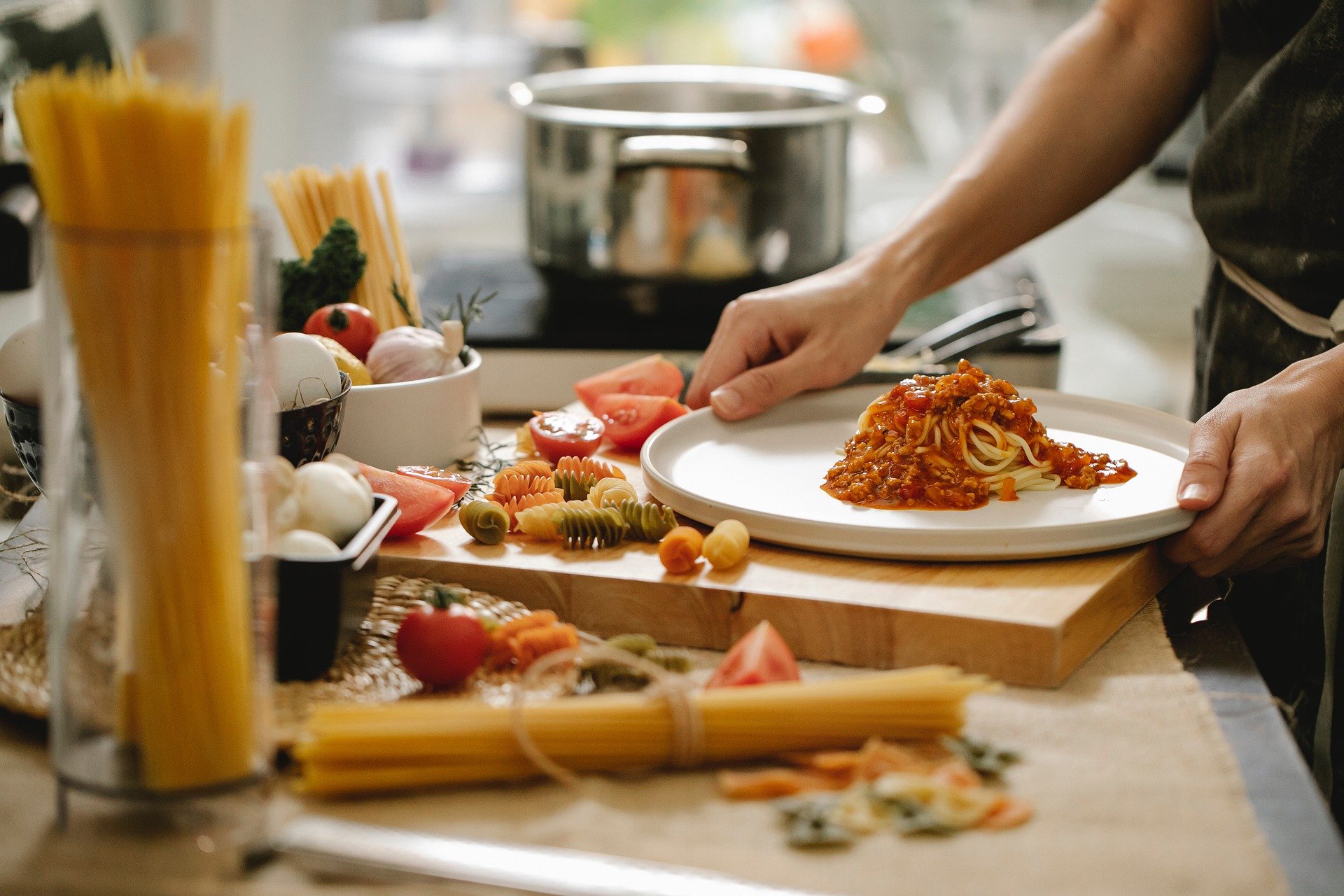It can be cost-effective, rewarding, and healthy to cook at home. According to a recent UK report, poor dieting is causing ill health in more brits than smoking. However, eating healthy, nutritious meals should not be at the expense of enjoying a tasty meal. So, here are five tips to enhance the flavour of your meals.
- Watch the pepper on your proteins
Whether it’s to add some kick to your eggs or make your steak more enjoyable, the amount of pepper you add to your meals can make or break your meal. You might want to season meat after searing for an assertive pepper flavour. It is best to keep the pepper away from the heat to preserve its unstable compounds. On the other hand, seasoning before cooking can tame the pepper’s punch for a more appealing and tasty meal.
- Add healthy acids
Sometimes a drop of lemon juice or vinegar can enhance the flavour of your dish. Acids improve flavours and add a lovely feel to foods that may otherwise be too rich, sweet or heavy. The best dishes need these bright highlight flavours. With no acid highlight, your meal can easily move from being a delightful, tasty and sublime work of art to a cloying toothache on a plate. Add some acid to your meals for a more amazing, nutritious, delicious meal with your family and friends.
- Season cold foods
Chilling foods affect their aromas and flavours, so you should compensate by generously seasoning them. This can be easily done by seasoning your meals with salt- yes, you don’t need a tall list of spices to ensure this is done properly. This means you can save your frozen Mexican dinners for later and still enjoy its delicious, exotic taste due to your prior seasoning.
- Add fresh herbs at the right time
Adding herbs such as rosemary, sage, thyme and marjoram early on to your cooking process can release maximum flavour to your dishes. It can also ensure your food is less intrusive. However, you want to save other herbs like cilantro, tarragon, parsley and basil for later to avoid losing their bright colour and fresh flavour.
- Make adjustments when seasonings go askew
The harm is usually done by adding too much sugar, spice, or salt to your dish. Yet, you can mask the overpowering ingredient in mild situations by adding another seasoning from the opposite end of the flavour spectrum. When cooking, it is vital to consider reducing the liquids when seasoning a meal since a perfectly seasoned stew can easily get salty after simmering for hours. The best approach is to season lightly during cooking and adjust before serving.
The experience of eating is more than just chewing. Each meal’s sight, smell, and taste also play a role! Although cooking healthy, nutritious meals is beneficial, and it is important to ensure they are flavourful and delightful. With these tips, you are bound to make any meal a delight for every tummy!




